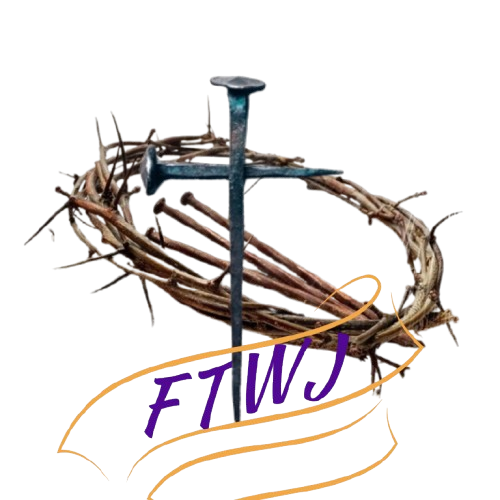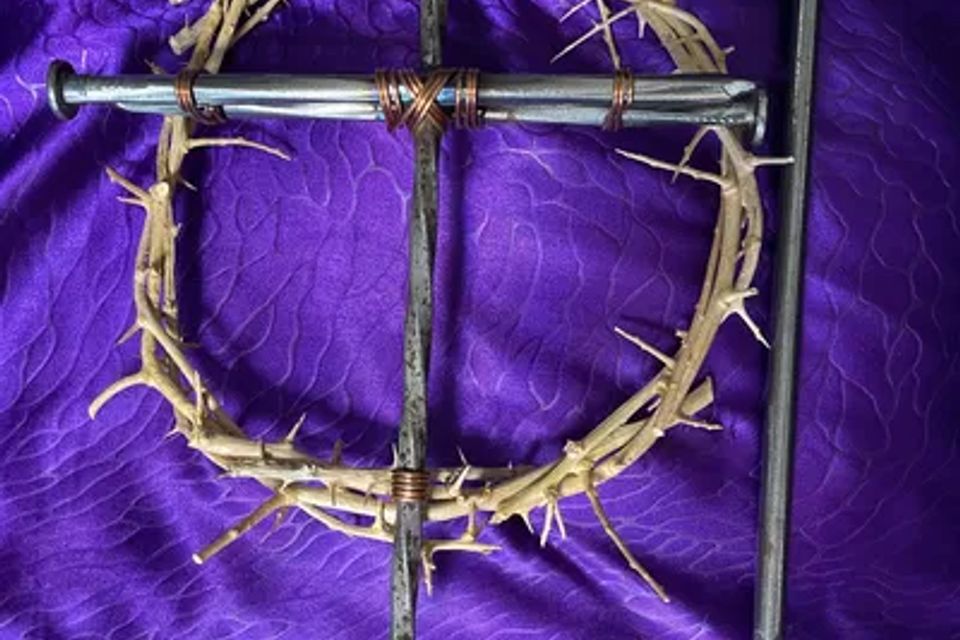No More Road Rage
God's Word isn't something to be read or applied only on Sunday mornings. God's Word isn't a language you speak only around other Christians. God's Word is life-giving. When one applies it, he/she becomes empowered. It usually gives no pleasure to our flesh.
When you intentionally choose not to apply God's Word to a situation, the results might give pleasure to your flesh. One example is anger. God warned us about anger. However, some take great pleasure in boasting about their road rage. Do you not know that road rage is simply anger sitting in your lap looking for an excuse to get up and drive? The second someone cuts you off or turns without putting their turn signal on, anger is taking the wheel, not Jesus. You can apply a lot of scriptures to keep anger at bay. In James 1:19, we are told to be slow to anger. Examine yourself and if your path to anger still has a fast pace, do something about it. Pray, fast, or be more patient and understanding. In Proverbs 15:1, we're told a gentle answer turns wrath away. Cursing that person out, giving them the finger doesn't turn wrath away, it becomes a returned RSVP.Finally, stop leaving your house at the last minute, then getting mad at everyone on the road because they're not moving out of "your way" fast enough. Anger is now in the driver's seat with selfishness in the passenger seat. And with anger behind the wheel, you won't produce any righteous God desires. Emotions are temporary. Be led by the Word and not by your feelings of anger.


